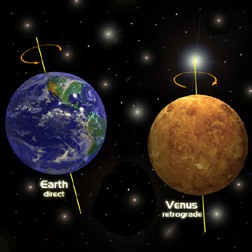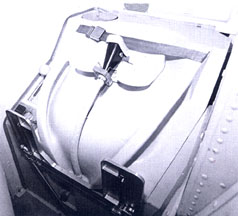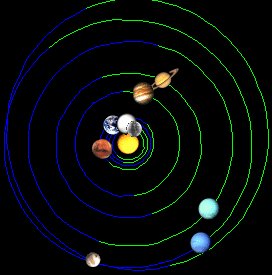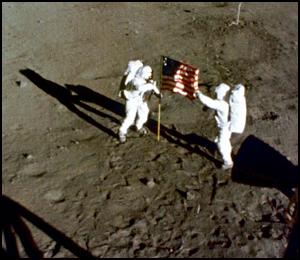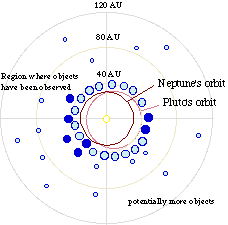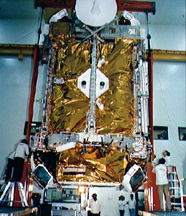 Phascinating Physics
Phascinating Physics
This page contains answers to questions that have to do with physics.
They explore time, the speed of light, the universal forces and much more!
Click on a topic to see our "Quickie" questions archive or scroll down for more in-depth answers.
Quickie Phascinating Physics
| Gravity/Light/Magnetism | (42 questions) |
| Space-Time/Relativity | (12 questions) |
| Particle Physics | (15 questions) |
| Chemistry | (36 questions) |
| Other | (286 questions) |
In-depth questions and answers
1)Is it possible to travel through time?2)Is there an object in the universe that can travel faster than the speed of light?
3)What are the universal forces?
4)Why are atoms "smashed" in an accelerator? What is learned by that process?
5)How can a neutrino be detected?
6)Can you blow bubbles in space?
7)How do scientists know what an atom looks like, to make a model of one?
8)If 2 cars are traveling at the speed of light and the one in the back turns on its headlights, would the car in front be able to see them?
9)Is it true that positrons run down the time and electrons run up the time?
10)Are there any places that you can become weightless other than space?
11)If the Earth is round like a ball, why aren't we standing at odd angles around it?
12)Why is it said that a person traveling in spaceships at near speed of light comes back younger than his counterpart on earth?
13)What is Schrodinger's cat paradox?
14)What is the gravity assist, swingby approach used with spacecraft?
15)What is twice as cold as zero?
16)What is gravity and how does it work?
17)How do airplanes fly?





